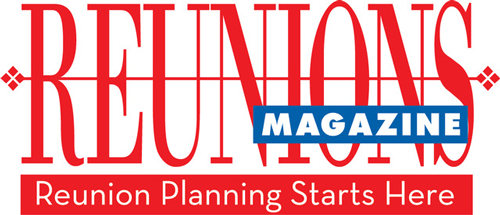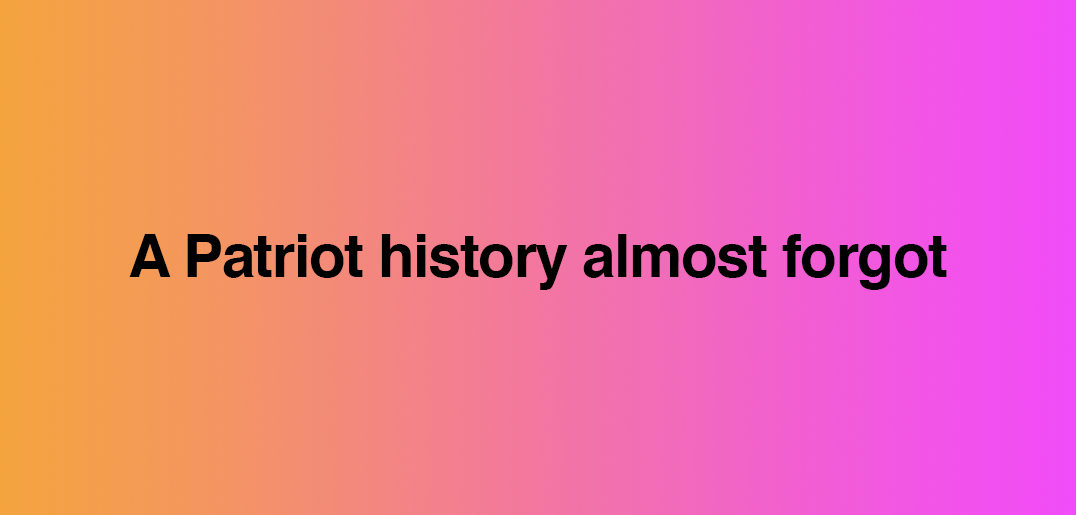by Georgia Burnette
Thirty years ago, interest in family history reached unprecedented levels with the publication of Alex Haley’s Roots. Genealogists entered seventh heaven as the search intensified for relatives, past and present. Today, as we continue that search, the growing interest in family health augments and enhances our exploration.
Why?
Focus on health
A reunion is a loom on which you weave various family threads into whole cloth. One essential thread is your ancestral group’s health history. So consider offering a family health workshop at your next gathering as a gift to current and future generations.
Workshop goals
Where to start? First, think through what you wish to accomplish: your goal(s). Is it to offer general healthcare information with a focus on wellness and healthy lifestyles versus illness? Is it to examine major health problems affecting family members at this time? Is it to conduct a survey to learn about your family’s past medical history? Or some combination of these? According to physicians at the Mayo Clinic, “Mapping the family’s medical history may be the single most important action you can do to identify risks the family might face in the coming years.” Once you determine your goal and topic, consider program length, speaker selection, production of handouts, audio-visual aids selection, program evaluation and, of course, a budget for the project (see outline at end of this article).
Background
What you need to know about family history
If you decide to explore your family’s health history, investigate common illnesses within the various ancestral groups (see illustrations of Healy and Martin families). Be aware, however, that family health history may prove to be a very sensitive subject. So smile sweetly and tread gently until you’ve compiled an overview of your family’s health picture. Once the information is compiled, it’s imperative to look at recurring illnesses and causes of death of family elders and “close relatives.”
| (a) | “Close” is defined as: | |
| First Degree relatives: | parents, siblings, offspring | |
| Second Degree relatives: | grandparents, grandchildren, uncles, aunts, nephews, nieces and half-siblings |
Understand that the cause of death may not always indicate the underlying disease process. For example, a stroke may be caused by a bleeding vessel (possibly a bleeding disorder or trauma), a clot (possibly a clotting disorder), or a tumor (a benign or malignant growth). In other words, it may be necessary to look beyond information on the death certificate, if at all possible.
(b) It is very important to determine the person’s age at onset of an illness. Note all recurrences, but pay special attention to those surfacing by or before age 55.
Examples: elevated blood pressure and/or cholesterol levels, tumors (benign or cancerous), diabetes, heart disease, mental illness.
(c) Most experts say it’s not necessary to trace a family’s medical history back more than two or three generations. However, you should be able to discuss the diseases that affected your parents and grandparents with your physician.
(d) The identification of specific diseases may indicate the need for earlier screening (tests) and closer supervision by your physician
(e) There can also be a need for immediate and long-range changes in one’s lifestyle.
(f) If you’ve mapped the family history, one handout should chart your findings, depicting health problems by family line.
Logistics
Speaker
Locating a speaker shouldn’t be difficult if you look within the family, your circle of friends, neighbors and colleagues. If that search is not productive, a nearby university is your next best bet. Call the School of Nursing to ascertain if there are master prepared Nurse Practitioners or Clinical Nurse Specialists who are experts in their areas of nursing. Also check the education departments at a nearby hospital, HMO or community health center for speakers with appropriate credentials. Other medical professionals (nutritionists, dentists, physical therapists) also are available through these same channels.
During early negotiations inquire about an honorarium, or ask whether the speaker would volunteer his/her services. Determine audio-visual needs and agree upon who will be responsible for handout preparation. Once you reach agreement on these issues, put it in writing as soon as possible to avoid misunderstandings. Retain a copy for your files.
Remember, if it isn’t in writing, it doesn’t exist!
Maintain contact with your speaker, and if possible request an outline of the lecture at least two weeks prior to presentation. This should reduce the possibility of last minute surprises.
You’ll need help
Don’t try to do it alone. Recruit an assistant (and an alternate) to lend a hand on the day of the presentation. Your helper(s) can greet new arrivals, distribute handouts, evaluations and writing materials (if needed), assist with audio-visual needs, collect the sign-in sheet and troubleshoot as necessary. Something unexpected usually occurs, so be prepared.
Capture workshop highlights in pictures by a designated reunion photographer or appoint someone to do candid shots and/or a video of the speaker and participants. Don’t forget to take a picture of yourself and your assistants (especially if you want help next time).
Important: start on time!
Good organization and starting at the appointed hour conveys a favorable but no-nonsense approach to both speaker and participants. It says, “This is important business, let’s get going!
Evaluation
Develop a short evaluation to determine how successful you were in meeting your goal(s). Prepare a short list of questions using a 1-5 point scale to inquire about the value of the workshop. Was it was well organized? Interesting? Informative? Was the subject matter effectively presented by the speaker? Was the environment comfortable? Finally, ask for recommendations for improvement. The evaluation will be easy to collect if copied on bright-colored paper.
Promise and plan to share your findings at the next gathering or in the family newsletter. People want to know their comments have been read and acted upon in follow-up, future workshops or activities.
What Next?
For the Archives…..
The family historian will love you for providing him/her with documents and artifacts of a family health history workshop. There’ll be your survey and compilation of common family illnesses, the sign-in sheet and handouts, an evaluation summary plus a beautiful array of photos for the archives.
Ideas for future gatherings
Make every effort to continue the focus-on-health momentum. If there is a newsletter, include something in each issue and ask family healthcare professionals to write articles. Plan hands-on demonstrations by taking blood pressures, providing a healthy foods cooking demonstration, a show-and-tell with “good versus bad” oils, how to read food labels, or examining the fat, salt and protein content of fast foods. The latter is an absolute eye opener!
If you conducted a health history survey, encourage family members to keep you informed of possible “trends” or common illnesses within their own group. Present updates in the newsletter or during each reunion, and encourage everyone to share the information gained with their respective physicians.
Realities
Workshop costs
Room charge
When booking other activities with the hotel, determine whether there will be a separate room charge for conference rooms.
Audio-visual equipment
Before you engage your speaker, check costs of renting audio-visual equipment. Ask the speaker what he/she has available.
Speaker honorarium
How much can your reunion budget afford to reimburse the speaker? Speakers often forego honorariums, if you include them in the banquet dinner or family picnic. Perhaps give a memento of your reunion.
Duplicating costs
Will the speaker provide his/her handouts, or expect you to cover those costs? Consider
• Number of family expected to attend
• Total number of pages in the handout
• Cost per page (color or black and white?)
• Cost of folders, if you use them (plain or color?)
Refreshments
Refreshments in the hotel can be very expensive, and usually you are not permitted to bring in your own food or beverages. If the workshop is scheduled after breakfast or lunch, water is usually sufficient.
Summary of costs
| Room charge (if any) Audio-visual equipment Speaker honorarium (if any) Duplicating Costs Refreshments (if any) Total Costs |
$________________ $________________ $________________ $________________ $________________ $________________ |
Lifelong learning
A healthcare workshop is an excellent way to promote the concept of lifelong learning. Learning about yourself, your family and the family’s overall health problems may result in relatives taking additional responsibility for their health and that of their family.
About the author
Georgia Burnette, RN, MSN, MSEd. Amherst, New York, is a frequent contributor to Reunions magazine. She is a regular speaker at the National Family Reunion Conference about family associations and family health issues. Georgia has been the planner of the Burnett(e) Family Reunion and is editor of the impressive family newsletter, Burnett(e) Bugler.





